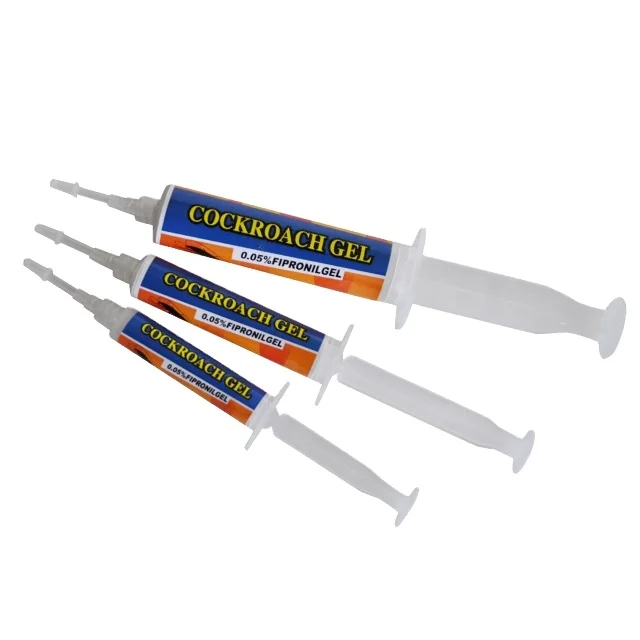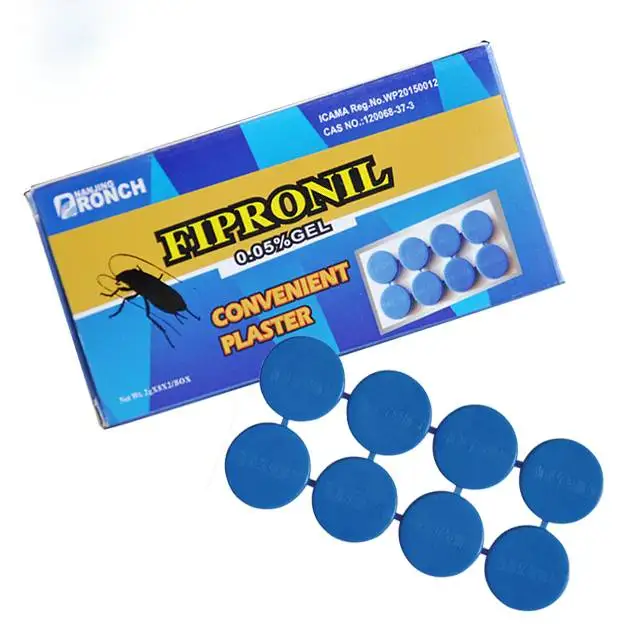Do not be deceived, fipronil is a potent insecticide. This pesticide is commonly used in the agricultural sector as a crop protection and protectant pesticides against insects, such has ants, cockroaches or termites. Although fipronil can be a great help, it has the potential to do more harm than good if not properly used.
Fipronil can cause environmental and animal health problems when used by farmers in their fields. This is because animals that eat plants treated with fipronil can get sick or die from the chemical. In addition, fipronil is capable of harming insects that are beneficial to us all such as bees in which help pollinate plants and allow the ecosystem to germinate.
Fipronil is an insecticide used in farming (to kill pests eating or attacking crops) which worries lots of folks. The biggest fear is that fipronil can also be fatal to non-target animals (birds, frogs and fish). Animals can be exposed to the chemical in many different ways, for example by consuming fipronil contaminated water or consuming poisoned insects.
A lot of people are under the opinion that fipronil is too dangerous for wildlife and nature - some have said it should not be used on farms at all. Others, however, suggest that fipronil could still be used safely with significant mitigation efforts and following a carefully-drafted set of rules to minimize non-target effects.

Fipronil used for farming or in homes can harm wildlife and other species of animals, which are not target insects. These include bees, the vibrant butterflies that started appearing abundantly here several days ago as well various colorful birds and who knows what any nearby water source may hold in it of fish. Some of the animals may be affected because they are directly exposed to a pesticide active ingredient and others, if their feed was composed by products treated with fipronil.

For example, bees can become poisoned when they gather nectar from flowers that have been treated with fipronil. This is a big issue as bees are vital for pollinating many crops and flowers, key to the healthy function of ecosystems. A reduction in the numbers of bees can result to less fruits and vegetables which means that even everyone's food supplies are affected.

There are many rules and regulations if you want to protect the environment animal from harmful effects of fipronil. These rules cover the uses that fipronil may be put to. Some of the significant rules are:-
Ronch is committed to being an expert in the environmental sanitation fipronil. Ronch is an international company that focuses on the customer and market requirements. It is based on its own research and development and gathers the latest technology concepts and quickly responds to evolving needs.
Ronch offers a wide range of products to help you with your project. These include all types of locations for disinfection and sterilization, all fipronil covered, various formulations and devices suitable for any type of device. All of the drugs are part of the list of approved products recommended by the World Health Organization. They are widely used in many projects, including the prevention of cockroaches, as well as other insects like ants and termites.
Ronch has a solid reputation in the industry of public sanitation. Ronch has a large number of years of experience in customer fipronil.The company's core competitiveness will be developed through constant effort and hard work. It will also develop top industry brands and provide important industry services.
fipronil offer a complete service to our customers in all aspects of hygiene and pest control. It is done by combining a comprehensive understanding of their company with excellent solutions and years of experience with pest control.Our exports exceed 10,000 tons annually, a result of more than 26 years of product development and upgrade. Our workforce of 60 is waiting to work with you and offer the most effective products and services in the business.
We are always waiting for your consultation.